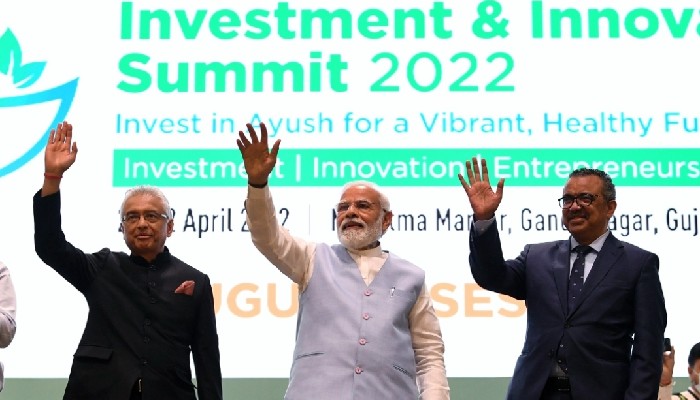The steps are part of a $260 billion rescue package announced by Prime Minister Narendra Modi
India on Friday announced agricultural market reforms and investment in facilities like cold storage warehouses to improve earnings for farmers who make up more than 60% of India's 1.3 billion people.
Finance Minister Nirmala Sitharaman said the steps are part of a $260 billion rescue package announced by Prime Minister Narendra Modi on Tuesday to offset the impact of a lockdown imposed in late March to fight the coronavirus pandemic.
She said the government will enact a law to remove restrictions on the flow of agricultural products across the country so that farmers can receive higher prices.
Prices in states vary because of different tax levels.
"The farmers will have a choice with barrier-free inter-state trade. There will also be a framework for e-trading of agricultural produce," she said. There currently is very limited electronic trading of agricultural products in the country.
The government, she said, will provide 1 trillion rupees ($13 billion) to cooperative societies, start-ups and others to create cold storage facilities and post-harvest storage centers. These will help farmers sell their products at a good price instead of having to sell them immediately to avoid spoilage.
In India, 85% of farmers have small and marginal land holdings and most are dependent on big traders who often exploit them. There is limited refrigerated storage.
On Thursday, Sitharaman announced that the government will distribute free food grains to 80 million migrant workers for the next two months amid mounting criticism that the government was doing too little for the poor who have lost jobs.
Sitharaman also said the government will introduce an affordable housing scheme for urban poor and migrant workers, the worst affected by the lockdown.
The coronavirus pandemic has exposed India's deep economic divide and created a hunger crisis for tens of thousands. Millions of migrant workers have fled big cities to their village homes because they could find no work.
India's lockdown is set to at least partially end on Monday. Some restrictions on manufacturing, agriculture and self-employment were lifted May 4 to ease the burden on the poor and informal sector workers who comprise the majority of India's workforce.
India experienced an upsurge in infections this month and has so far recorded a total of 81,970 coronavirus cases with 2,649 deaths.
Courtesy: The Mainichi
 Contact Us
Contact Us  Subscribe Us
Subscribe Us









 Contact Us
Contact Us
 Subscribe
Subscribe
 News Letter
News Letter

